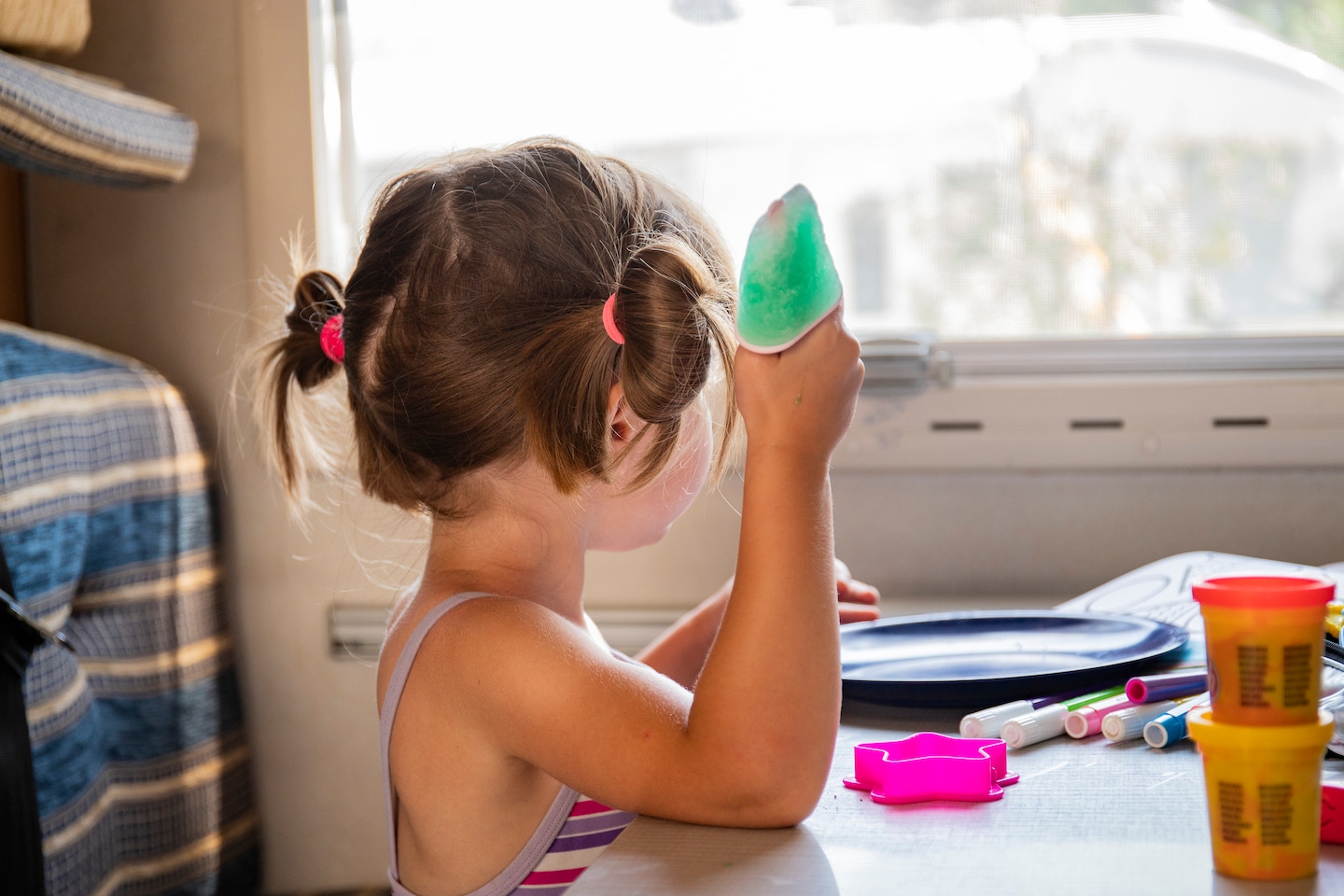How to make sure your vicarious grief for your children doesn’t make things worse

Losses like shared Popsicles with friends and the excitement of riding so-and-so’s bus for an after-school playdate. At the end of the day, they won’t gleefully show me their pasta mosaics or boast their new knowledge of what orcas eat. Their lives are so much less colorful, so much smaller. And while I’ve grown grudgingly used to my own misery as a parent during the coronavirus pandemic, carrying the weight of grief I feel for my kids and all they’re missing is a different kind of difficult.
One of the biggest shocks upon becoming a parent, which in hindsight should have been obvious, was the acute pain I feel on behalf of my children. Hearing one of my kids, for example, report that “Anna didn’t want to play with me,” rips into me and plants a deeper pit of anxiety in my gut than when my own friend Anna fails to return multiple phone calls. Our children’s pain often hurts us more than our own, and the pandemic has ushered in a panoply of circumstances about which we might feel sad and scared, not just for ourselves, but also for our children. It’s vicarious grief.
My kids are ages 1, 6 and 8 and are forced to spend their days with cranky parents and cranky siblings. My oldest constantly asks us questions that we’re too busy to answer. “Were you older than Dad in 1997?” “How old is the cat in dog years?” Sometimes my responses are inappropriate because I’m so often distracted and only half-present. “Mom, I like apples better than peaches now.” “Wow bud, amazing!” “Why is that amazing?”
My daughter started kindergarten last year, and she was just beginning to form her own identity outside the home. At last fall’s open house, she and two friends greeted each other with embraces before giggling about something only they understood. Her face lit up with the deliciousness of being in on the joke, of being bonded with people she had chosen all on her own.
My youngest is faring the best of the bunch, but he’s my last baby, and many of the baby rites of passage I celebrated with the other two simply won’t get acknowledged in the same way. When this is all over, will he be 2 years old? 3 years old? I will have a toddler, my baby will be gone.
So much of parenthood is a thankless slog, and in my more self-indulgent moods, I bemoan the fact that the pandemic has stolen so many of these micro-moments of grace, of joy. The tiny, ephemeral, heart-bursting moments that make all the sleepless nights and sticky counters worth it.
I recognize that my grief on their behalf is not the same as my kids’ own distinct grief.
But my own grief is still real, and I don’t know what to do with it. I’m also wary of it bleeding into my children’s lives in unhelpful ways. So I spoke with Michael Hendery, chair of the Psychology Department at Southern New Hampshire University, in the hope that he could offer insight about how I might navigate my vicarious grief.
Hendery points out that part of what makes pandemic grief so fraught is that there’s no end in sight, and each day is another experiment in crisis management. “Grief is something that allows us to process loss by acknowledging the limitations of our control, maybe even build meaning from this surrender,” he says. “This is a near-impossible ask when you are in crisis mode.”
Hendery says that while parental empathy can help kids “recognize and validate their own internal state,” that empathy, when combined with our own expectations and past experiences, can be less productive. As parents, when we’re too focused on our own perceptions of our children’s losses, we might not only neglect our children’s actual experiences of those losses, but worse, we might inadvertently create a situation in which our kids feel the need to cater to our feelings, to make us feel better.
“We can connect over losses without having to offer solutions. Consoling is meant as comfort in the form of providing solace, not fixing what cannot be fixed,” he said. “Haven’t sitcoms taught us anything with their dead-pet-being-replaced-by-a-lookalike trope? The resolution is always to just be honest from the start. Speak in age-appropriate language, but do not lie.”
The biggest source of comfort I found in my conversation with Hendery is that our feelings of sadness or grief can easily be confused with nostalgia. Is my daughter actively feeling a loss of independence or am I simply recalling the thrills of my own first childhood friendships and feeling wistful?
I will still feel many feelings regarding what the pandemic has taken from my kids, but these are my feelings, often having nothing to do with my kids’ experiences of life under quarantine.
As an adult, I do not have the luxury of turning away from a national crisis and the many smaller catastrophes born from that crisis. But our kids should have that luxury. Our kids should still get to be kids.
Sara Petersen writes about feminism and motherhood and lives in New Hampshire. She’s working on a book about how the Victorian “angel of the house” lives on in idealized perceptions of the modern American mother. Follow her on Twitter @slouisepetersen.
More reading:






